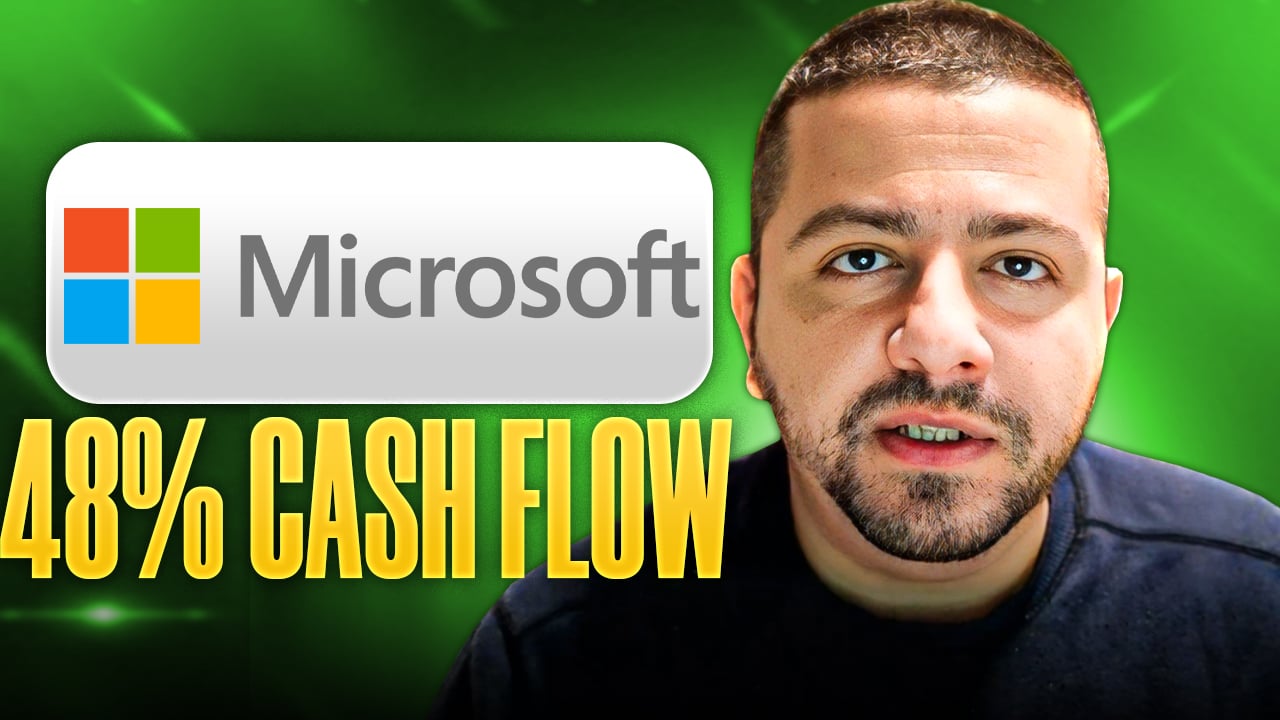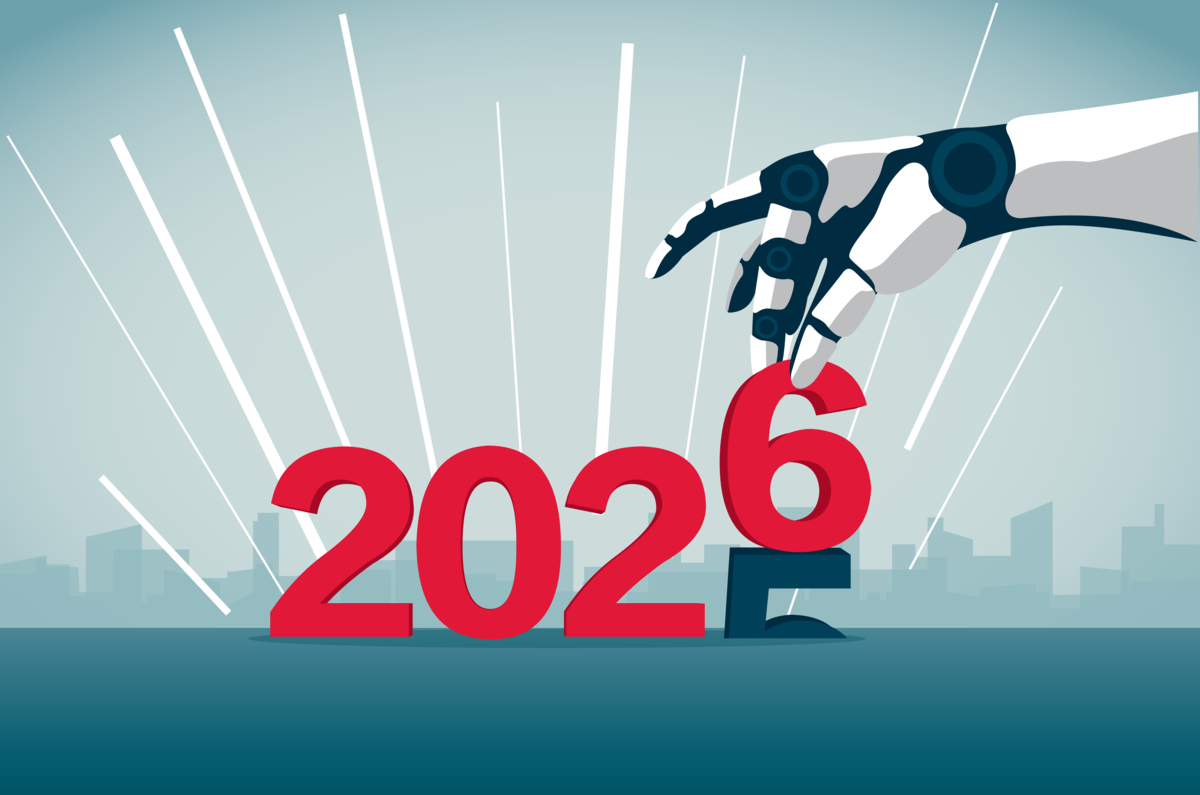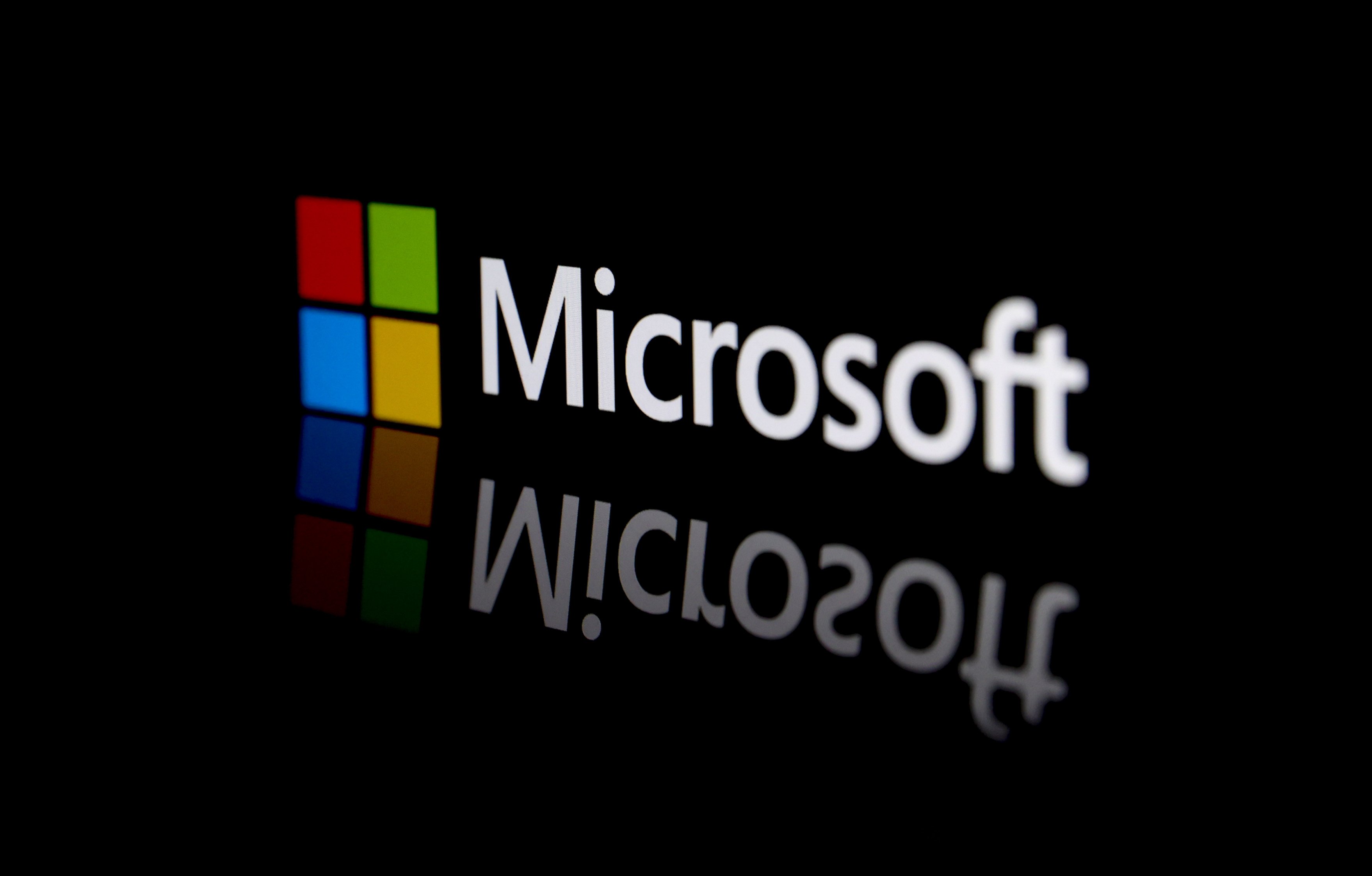AMD (AMD 4.81%) hardware powers both Microsoft (MSFT 1.04%) and Sony's (SNE +0.15%) latest video game consoles, the Xbox One and PlayStation 4. This console revenue has benefited AMD in recent quarters, as both machines have sold faster than their predecessors.
Some observers have begun to project AMD's current console dominance out into the foreseeable future. And AMD's management has suggested that console generations, which typically last 5-8 years, could shorten. In other words, there could be an Xbox One-2 and PlayStation 5 faster than otherwise anticipated, and AMD, as a supplier, could score another win.
Although possible, it seems unlikely. Rather, investors should consider that the days of dedicated consoles could be coming to an end. In fact, it's entirely possible the Xbox One and PlayStation 4 could be the last consoles Microsoft and Sony ever release.
Sony bets on game streaming
Sony's Worldwide Studios President Shuhei Yoshida has said explicitly that the PlayStation 4 could be Sony's last dedicated living room video game console. In a recent interview with Re/code, Yoshida stated that Sony intends to turn PlayStation into a more service-orientated business, one based around cloud services rather than hardware sales.
PlayStation Now, Sony's upcoming cloud-based gaming service, begins its public beta test next month. For a fee, gamers will be able to stream games over the Internet to their PlayStation consoles, allowing them to rent games digitally and play older PlayStation titles on newer consoles.
But PlayStation Now's true potential lies in its ability to eliminate the PlayStation box entirely -- Sony plans to bring to the service to its Bravia TVs and, eventually, smartphones and tablets. Removing the actual PlayStation would eliminate a significant economic hurdle (the PlayStation 4 retails for $399) and expand Sony's base of potential customers.
Yoshida didn't rule out a PlayStation 5, saying that Sony would make such a device if developers demanded it. But it's very apparent that if Sony can get away with it, it will ditch dedicated hardware.
Microsoft taps the cloud to enhance the Xbox One
At the same time, Microsoft is moving in a similar direction, though it hasn't yet embraced full game streaming. Instead, Microsoft has argued that by taking advantage of its dedicated Xbox cloud servers, developers can significantly enhance their Xbox One games.
At its BUILD developers conference in April, Microsoft highlighted the power of its Xbox cloud with a video game demo . One version of the game that relied strictly on local processing struggled to maintain a consistent frame rate, demonstrating noticeable lag. The other, which tapped the power of the cloud, performed fantastically well. As bandwidth speeds increase, and Microsoft's server technology improves, Xbox One games could become better over time.
Admittedly, Phil Spencer, the head of Microsoft's Xbox division, has said that he believes local hardware will be important "for a long time" and that the Xbox One is unlikely to be Microsoft's last console. Still, with cloud processing facilitating graphical improvements, it may not be necessary to refresh local hardware as quickly, and console generations could get longer, rather than shorter.
The last consoles?
AMD clearly scored a win with the current generation of consoles, but investors in the chip-maker shouldn't count on a batch of new consoles popping up in the immediate future. The growth of streaming- and cloud-enhanced games throws the long-term viability of the console business into question, and release of more hardware, particularly in the near term, is far from certain.






